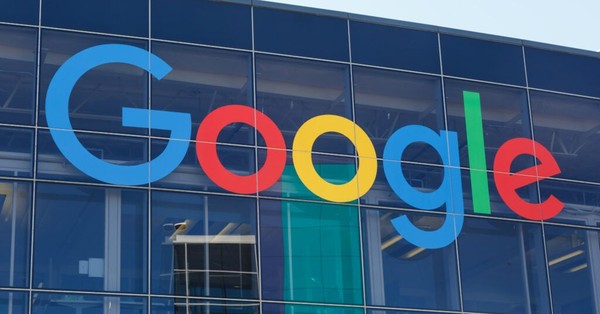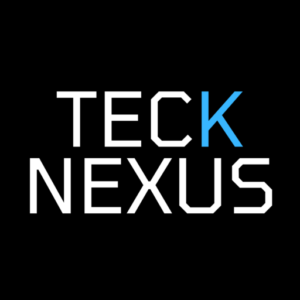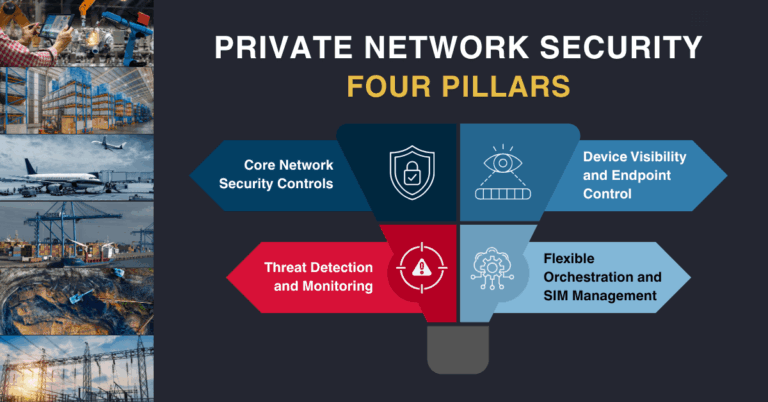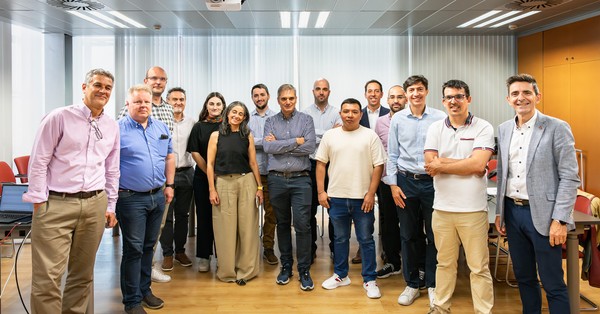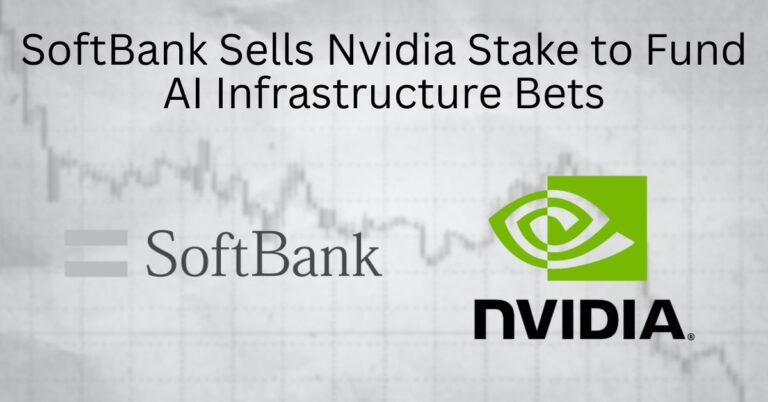Google €5.5B Germany AI investment: data centers, jobs, and impact
Alphabet will invest €5.5 billion in Germany through 2029 to expand AI-capable cloud infrastructure and office capacity, anchoring new buildouts in the Frankfurt Rhine-Main region.
Frankfurt-region data centers: Dietzenbach build and Hanau expansion
Google will construct a new data center in Dietzenbach, near Frankfurt, and continue scaling its Hanau campus opened in 2023. The sites will bolster Google Cloud’s German regions within a 42-region global footprint, supporting low-latency services for customers such as Mercedes-Benz, Koenig & Bauer, Deutsche Börse Group, University Hospital Schleswig-Holstein, University Hospital Freiburg, and EuroDaT. With Frankfurt’s role as Europe’s interconnection hub—home to DE-CIX—placement in Rhine-Main positions Google to serve latency-sensitive AI, analytics, and financial services workloads with proximity to dense peering and transport options.
German engineering hubs: Munich, Frankfurt, Berlin
Google is expanding its German office footprint to attract and retain engineering and go-to-market talent. In Munich, the Arnulfpost redevelopment will deliver roughly 30,000 square meters for up to 2,000 employees by the end of 2026. In Frankfurt, the company has added space in the Global Tower, and in Berlin it is building out additional floors, meeting spaces, and demo facilities. These sites will function as development, customer engagement, and training hubs for cloud and AI adoption.
Economic impact and 2026–2029 rollout
The program is expected to support around 9,000 jobs per year and add just over €1 billion to GDP annually through 2029, according to Google’s estimates. The Dietzenbach facility and ongoing Hanau investments align with a stepped build schedule that matches rising AI demand and Germany’s ongoing digitalization push across industry, healthcare, and public sectors.
AI growth and cloud sovereignty for German enterprises
The expansion is designed to meet AI workload growth while addressing regulatory and operational constraints unique to Europe.
In-region Vertex AI and Gemini for low-latency AI
Google Cloud will bring expanded capacity for services such as Vertex AI and Gemini models into its German regions, enabling enterprises to run training, fine-tuning, and inference closer to users and data. For manufacturers and automotive OEMs, in-region AI can reduce latency for connected vehicle features and predictive operations; for financial services and healthcare, locality can cut data transfer times and reduce compliance risk.
Sovereign cloud controls for GDPR, NIS2, DORA, AI Act
Google plans to continue offering sovereign solutions tailored to European requirements, supporting data residency, administrative control boundaries, and auditability that align with GDPR and sector-specific obligations. This matters as EU members implement NIS2, DORA in financial services, and the AI Act—raising the bar for governance, resilience, and documentation across AI systems and critical workloads.
DE-CIX connectivity and low-latency performance
Dietzenbach and Hanau are strategically placed to leverage Frankfurt’s fiber density, dark fiber availability, and access to DE-CIX for scale-out peering. Enterprises can re-evaluate workload placement to exploit shorter data paths for AI inference, streaming analytics, and low-latency trading applications, while carriers can position 400G-ready backbones and modern optical routes for east-west traffic growth.
Sustainability: 24/7 CFE, heat reuse, and water stewardship
The buildout pairs AI capacity with a multi-pronged approach to clean energy, heat reuse, and watershed health.
24/7 carbon-free energy with Engie, storage, offshore wind
Google will extend its 24/7 Carbon-Free Energy partnership with Engie in Germany through 2030. The plan layers new German onshore wind and solar with battery energy storage systems and hydro optimization, while integrating long-term output from Ørsted’s Borkum Riffgrund 3 offshore wind farm. Using its CFE Manager, Google projects operating near 85% carbon-free energy in Germany in 2026, progressing toward hourly matching across grids where it operates.
District heat reuse in Dietzenbach with EVO
Working with Energieversorgung Offenbach (EVO), Google will capture excess data center heat in Dietzenbach and feed it into the local district heating network. The system is expected to supply heat for more than 2,000 households, aligning with EU energy efficiency directives that prioritize waste-heat utilization and offering municipalities a model to turn digital load growth into community heat benefits.
Water replenishment and peatland restoration in Hesse
Google is backing peatland restoration in Hesse via support for the NABU Foundation’s work in Büttelborn Bruchwiesen and aims to replenish more water than its operations consume on average. In water-stressed and biodiversity-sensitive regions, these measures reduce operational risk while aligning with customer sustainability reporting frameworks.
Competitive landscape and global hyperscaler expansion
The German expansion slots into Alphabet’s broader AI infrastructure sprint and signals how hyperscalers are distributing capacity across regulatory and energy-constrained markets.
Alphabet capex ramp and global AI infrastructure rollouts
Alphabet has sharply increased capital expenditures to fund AI infrastructure, with 2025 guidance in the low-$90 billions, up from roughly $52.5 billion in 2024. Recent commitments include major U.S. builds across the PJM Interconnection (including hydropower modernization in Pennsylvania), a multi-year push in Virginia paired with a workforce AI education program, a 1 GW data center project in India with dedicated renewables, and a new UK site at Waltham Cross backed by a large clean energy partnership. The German program is part of this synchronized scale-out targeting AI-driven cloud demand.
Germany policy, Hesse strategy, and market dynamics
Berlin is signaling support for data center growth tied to clean energy and digital sovereignty. Hesse, already a pan-European interconnection nexus, is formalizing a regional data center strategy linking growth, sustainability, and innovation. Competition is intensifying among hyperscalers around sovereign cloud controls, clean energy contracting, and heat reuse—areas likely to shape buyer RFP criteria in 2026–2029.
Next steps for telecom and enterprise leaders
The announcement creates near-term planning windows for network, workload, and sustainability strategies.
Actions for network and colo partners
Pre-provision dark fiber and 400G routes into Dietzenbach and Hanau; align peering and route optimization at DE-CIX for AI and data-intensive east-west flows. Validate power and cooling SLAs for high-density racks and explore on-prem extensions with direct interconnect to Google Cloud regions for hybrid AI pipelines.
Guidance for CIOs and CTOs
Revisit workload placement for AI inference and data platforms to leverage German regions’ latency and sovereignty capabilities. Standardize on multi-cloud portability and exit criteria; test Gemini and Vertex AI services with data residency controls. For regulated sectors, map controls to GDPR, NIS2, and domain regulations early in the design cycle.
Sustainability and procurement priorities
Incorporate 24/7 CFE metrics and heat-reuse outcomes into supplier scorecards and emissions accounting. Explore aggregated clean power procurements tied to German onshore/offshore portfolios and storage. For municipal and campus settings, assess district heating interconnects to monetize data center waste heat and de-risk local decarbonization goals.



